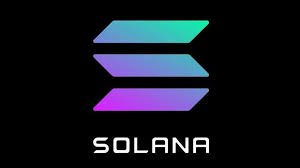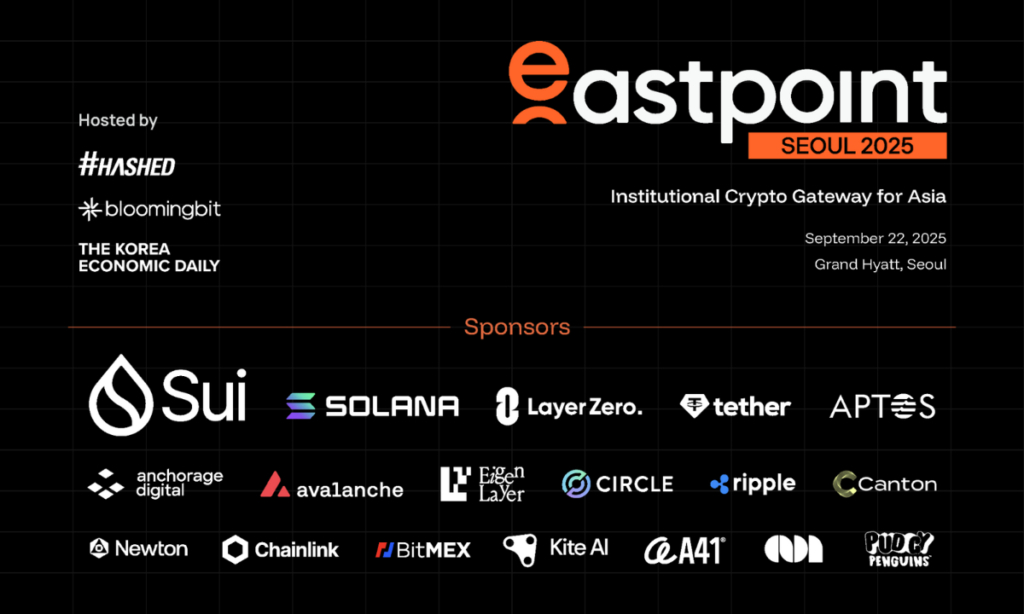Solana has expelled many validators from its delegation program as a result of their participation in sandwich attacks targeting retail users.
These assaults are categorized as Maximal Extractable Value (MEV) attacks, in which malicious individuals modify transaction sequences to obtain more favorable prices for themselves, hence causing harm to retail traders.
The Solana Foundation has implemented decisive measures against validators who made alterations to their systems in order to facilitate sandwich attacks. As a result, multiple operators have been expelled from the network’s delegation program due to their violation of best practices.
The Solana Foundation often supports validators by allocating SOL tokens to them through delegation, enabling them to operate without the need to possess a large number of tokens. Support is contingent upon the merits of performance, guaranteeing that only dependable validators are given rewards.
Mert Mumtaz, one of the founders of Helius, a Solana RPC provider, clarified that validators who have been ejected can continue to function on the network, but they will not gain the customary advantages.
The decision has ignited debates on the centralization of Solana, since several members of the community contend that the Solana blockchain exhibits a higher degree of centralization than it outwardly portrays.
The efforts undertaken by the Foundation demonstrate its unwavering dedication to upholding principles of equity and safeguarding against potential threats. Notably, the profits earned by Solana validators from MEV (Maximal Extractable Value) have exceeded those of Ethereum.
Furthermore, since mid-March, the revenue generated from MEV on Solana has experienced significant and quick growth, reaching unprecedented levels. The rise in revenue emphasizes the difficulty of maintaining a balance between incentivizing validators and safeguarding retail users.



